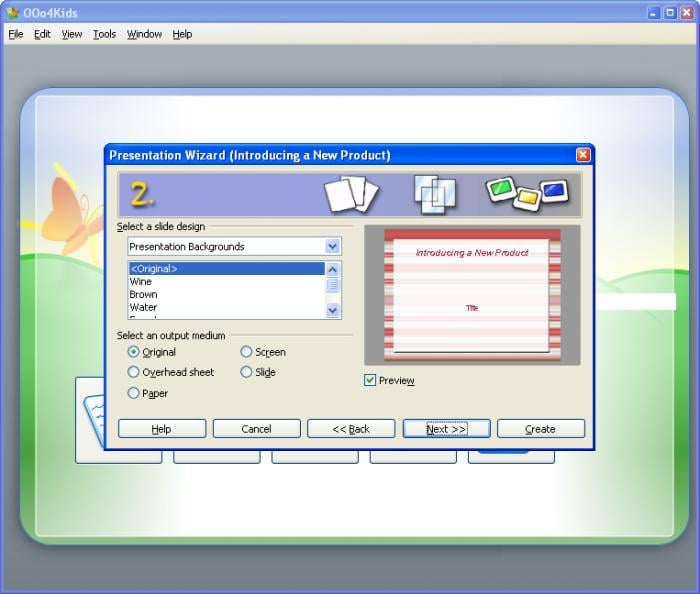
Sure, there is Pe, but it has one dealbreaker when it comes to working on LibreOffice: it can’t use spaces as indentation.
#Ooo4kids draw code#
An editor! An editor! My kingdom for an editor!ĭiscouraged, I decided to tackle another issue that came up: lack of a code editor. Most of my patches were backed up, but I lost some work as a result of this. That has stopped when I reinstalled Ubuntu only to find out, that it wiped out all my partitions due to a bug in the installer. I managed to go as far as oco did I could experiment with building VCL and writing Haiku backend for it. It was tedious but I worked like that for some time.

That wasn’t a blocker though: I could bypass the requirements by building each module by hand. Some not so much: I got stuck on NSPR and NSS and asked for help on haikuports' ML. Document Liberation Project’s libraries fall into that category and they were ~50% of the dependencies. Some recipes were easy thanks to Haiku’s POSIX compatibility and autotools portability 2, most of them worked out of the box. Not long after I got commit access to HaikuPorts. I have started creating recipes for missing libraries LO’s configure was complaining about. Figuring out how build system of such a big project works was hard enough, I didn’t need additional obstacles.įortunately, my fears were not realized: package management was already merged it was (and still is) so much cleaner and a pleasure to work with. Since LibreOffice could not be built with GCC2 I decided to work on GCC4 hybrid system, with GCC4 as a primary architecture, where this problem would not happen. Sometimes a GCC4 library was put where GCC2 version should have been or wrong path was set, and you would get mysterious linker errors that wouldn’t even mention which file was a culprit. These problems were a result of hybrid system architecture: GCC2 and GCC4 executables being put along side each other. I do remember problems with libraries being put in the wrong place, though. I don’t have too much experience with that incarnation of this system. It also used different recipe format (BEP files, some of them hang around to this day).
#Ooo4kids draw install#
Haikuporter back then was a one way street: you could automatically build and install things, but it didn’t create packages, it just copied stuff to (not always) appropriate places. You can see haikuporter being mentioned on that wiki page, so it couldn’t be that bad, right? Well, yes and no. That being said, I ended up starting from scratch. However, looking at these instructions and considering this was before Haiku had a package manager, I’m guessing a lot of work and figuring things out were needed to get to that point. Oco didn’t get very far in terms of usability: he had everything compiling, with VCL (LibreOffice’s GUI toolkit) being just an empty shell. At that time, it was better to start with that as some dependencies not available under Haiku were already removed, like Java It is a lightweight version of Open Office (it was before LibreOffice fork).
#Ooo4kids draw full#
But wait, what is OOo4Kids and why port that instead of full Open/LibreOffice? 1 It’s so far in the past, that it says it can’t be built on Alpha 2 because of some bugs.
#Ooo4kids draw how to#
WebArchive has a copy of a wiki page detailing how to build OOo4Kids on Haiku. However, it’s not the first time someone tried to do it.

That’s understandable given people were busy developing the OS. It seemed to need so much effort, most people didn’t even want to start.

LibreOffice port was one of those things. This has been a long journey that has started for me around 2014, when I was looking for things I could do for the project. As many of you are already aware, LibreOffice is now available on Haiku.


 0 kommentar(er)
0 kommentar(er)
